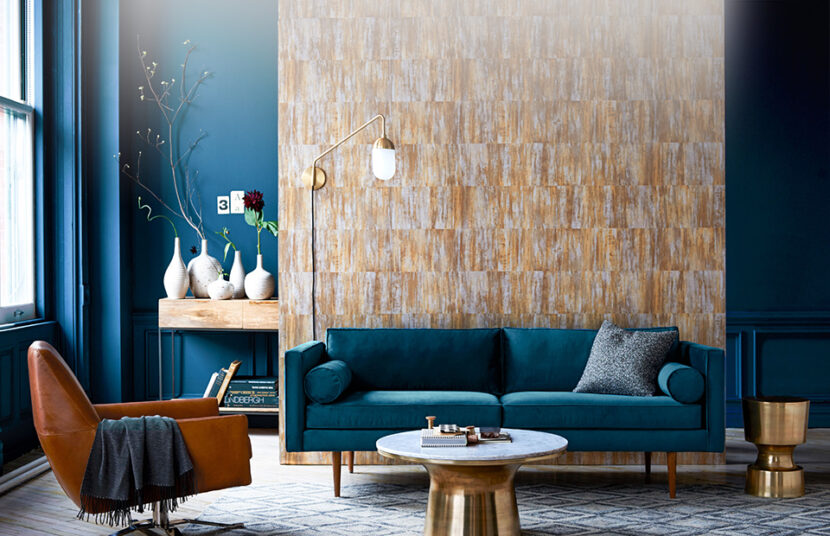NEW YORK — The home-design retailer West Elm is taking its brand into the hotel industry, with plans for hotels in five cities: Detroit, Indianapolis, Minneapolis, Savannah, Georgia, and Charlotte, North Carolina.
Another 10 hotels are on the drawing board.
While the hotels will feature West Elm furniture and decor, they’ll also showcase local crafts, artwork and food. “Each property will be very true to its neighbourhood and its surroundings,” said David Bowd, CEO of DDK, the hospitality company that’s partnering with West Elm on the project.
West Elm, a division of Williams-Sonoma, has 93 stores around the world. Each hotel will have either an adjacent store or a pared-down retail concept onsite. An app for guests will offer everything from check-in by phone to room service to ways to purchase furniture, bedding or other items seen in the hotel.
West Elm is in charge of the hotels’ interior design, furnishings and marketing but will not own the properties. Instead, DDK will find real estate developers to manage each site.
Locations announced so far include trendy, interesting neighbourhoods _ rather than downtowns _ in Indianapolis and Detroit. The first hotel opens late 2018 in Detroit’s Midtown neighbourhood, home of Wayne State University, the Detroit Institute of Arts, the luxury watch-and-bicycle brand Shinola and an up-and-coming hipster scene.
The Indianapolis hotel is planned for a former Coca-Cola bottling plant in a beautiful 1930s art deco building with a striking white terracotta facade. It’s in a busy shopping and cultural district, amid bars, restaurants and small shops, near the popular Indy Reads bookstore and the Old National Centre concert venue. Next year, the neighbourhood will also see the opening of a new location for the Kurt Vonnegut Memorial Library, a museum honouring the late writer and Indy native.
Bjorn Hanson, a professor at New York University’s hospitality and tourism school, says that “featuring West Elm products in hotel rooms to create a positive guest experience” could be a plus for the brand, especially with younger travellers who may value “experience rather than convenience” in lodging and travel. He noted that a number of luxury brands _ Bulgari, Baccarat, Versace and Armani among them _ have opened high-end hotels in recent years.
Bowd said bringing the West Elm brand to the lodging industry involves analyzing “how people use a hotel room versus how people use a house. Ultimately it comes down to this: You have one room. A lot of people are eating in it, sleeping in it, working and partying in it. In your house you probably have four separate rooms for those things.”
The rooms will emphasize comfort and design _ “You can curl up on the bed under a very typical West Elm throw and watch a movie on the TV, or you can sit there and do work,” Bowd said. But product durability is important too: “Hotel rooms take a battering much more than somebody’s house.”
Bowd said room design will also incorporate “what the future traveller is looking for.” He recalled a recent hotel stay where “they spent a fortune on electronic curtains, which open and close with the press of a button, but there was no plug for my electronics by the bed.”
All hotels will have a food and beverage component, whether a “grab-and-go cafe bistro or a more traditional dining experience,” with the goal of attracting both locals and hotel guests, and a focus on nutritional excellence.
In addition, a “West Elm Academy” in each city will offer locals a free, 10-week hospitality training course with a goal of hiring as many academy grads as possible to work in the hotel.
“Who better to tell you where to go and what to do than somebody who lives in the city?” Bowd said.

